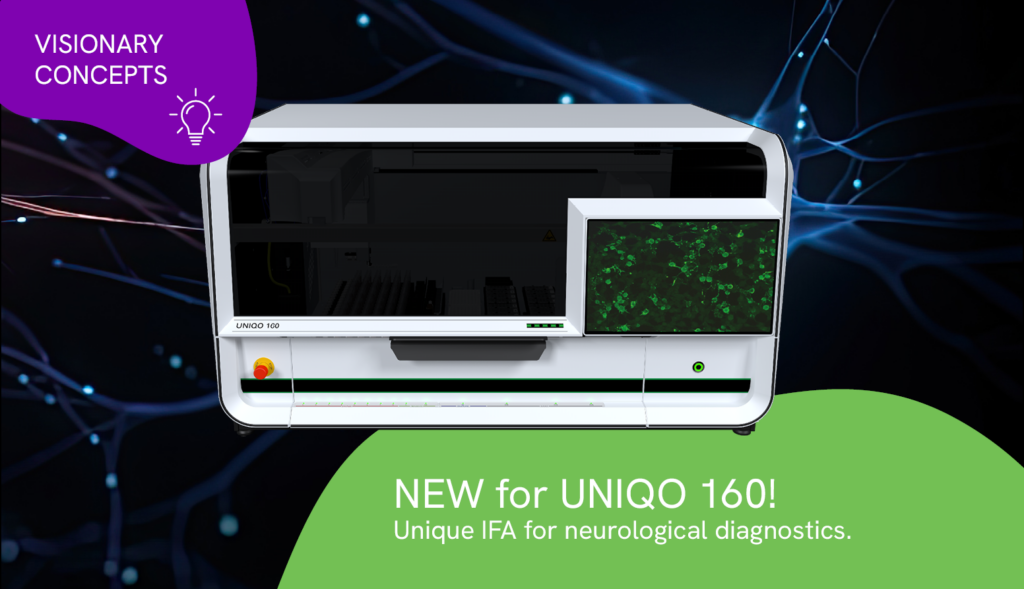What you know and trust – now with a new shine
Our new design is here! Clearer, more modern, more international. With our new design and visual language we have achieved a strong visual alignment with the corporate identity of Revvity, Inc. At the same time, we harmonized the visual appearance of the Euroimmun and IDS brands creating a new modernized look which visually reflects our shared identity and growing collaboration. But what really counts remains the same: our […]




